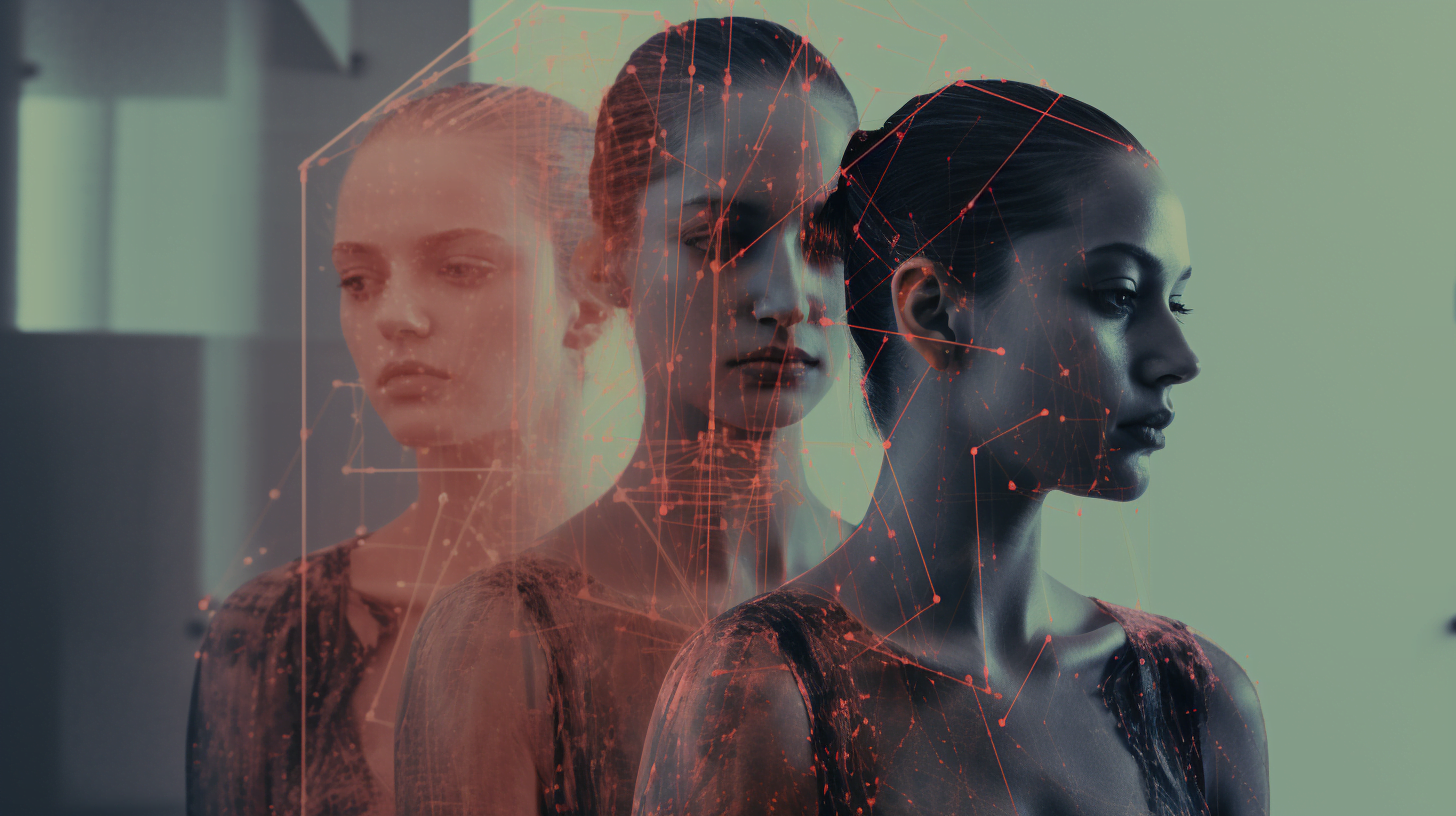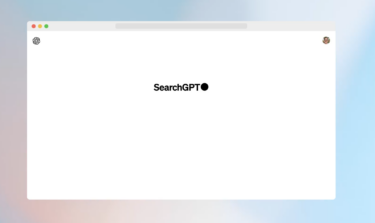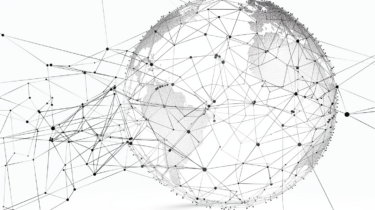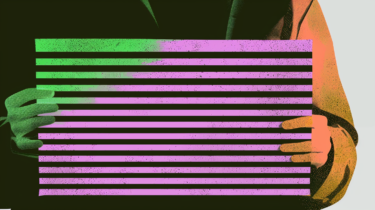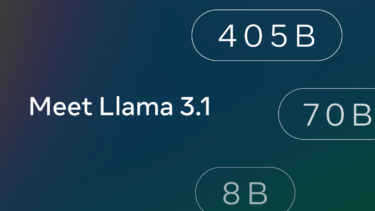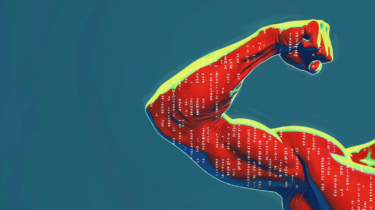A new study involving 80,000 women provides strong evidence of the efficacy and safety of AI-assisted mammography analysis.
A large-scale randomized controlled trial shows that breast cancer screening with AI-assisted mammography analysis systems detects 20% more tumors than conventional dual-diagnosis by radiologists alone.
The study of more than 80,000 women in Sweden, published in The Lancet Oncology, shows that using AI tools is a safe approach and reduces radiologists' workload by nearly half.
Detect more tumors without increasing false positives
In the study, women undergoing routine breast cancer screening were randomly assigned to analysis by two radiologists or to AI-assisted analysis. In the AI group, an AI system first analyzed the mammograms and assigned a risk score for malignancy. Low-risk mammograms were read by one radiologist, and high-risk mammograms were read by two radiologists.
Twenty percent more cancers were found in the AI group, 244 versus 203 in the control group. Most importantly, the AI analysis was not associated with an increase in false-positive findings, which can lead to unnecessary further testing and patient anxiety. The rate of false positives was identical in both groups at 1.5 percent.
Radiologist workload nearly halved
The use of AI tools reduced radiologists' workload by 44%, the researchers found. With AI support, only one person had to read most mammograms, instead of two people reviewing each image individually. This could help alleviate staffing shortages and free up radiologists' time for other important tasks.
The large sample size and randomization provide strong evidence for the efficacy and safety of AI-assisted mammography analysis while demonstrating that AI supports, but does not replace, human experts.
The researchers will now follow the women for two years and enroll 20,000 more women in the study to see if AI analysis reduces the number of interval cancers - cancers diagnosed between regular screening appointments. A high rate of interval cancers suggests that tumors are being missed by screening - and that the screening program is not serving its purpose.
